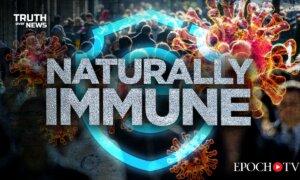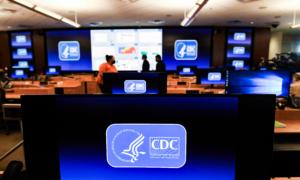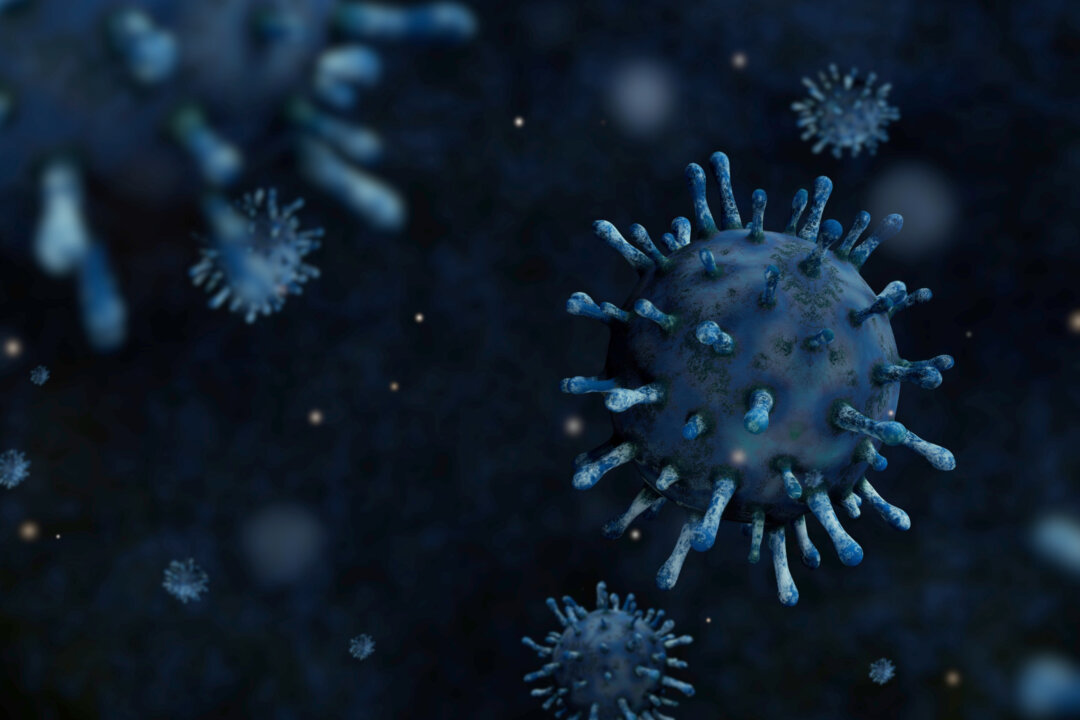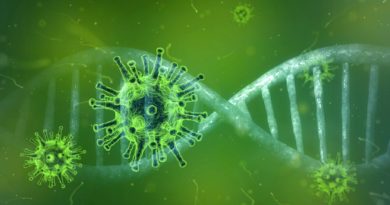Adverse Events From COVID Vaccination More Likely With Prior COVID Infection
People who have moderate to severe COVID-19 prior to vaccination may have increased reactogenicity to COVID-19 vaccines, according to a Canadian study.
Individuals previously infected with SARS-CoV-2 develop immunity and may be more likely to experience adverse events following COVID-19 vaccination compared to those with no history of infection, according to a study published in Clinical Infectious Diseases.
Study participants were sent an electronic questionnaire seven days after receiving their first, second, and third vaccine doses to assess whether adverse events experienced after vaccination prevented daily activities, attendance at work or school, or required medical care, including hospitalization.
Among 684,998 vaccinated participants included in the analysis, 369,406 received Pfizer’s COVID-19 vaccine, 201,314 received Moderna, and 113,127 received AstraZeneca’s viral vector vaccine.
There were 18,127 individuals (2.6 percent) who reported previous laboratory-confirmed COVID-19 infection two to six months before receiving their first vaccine dose.
According to the study, individuals previously infected with SARS-CoV-2 were more likely to experience an adverse event the week following vaccination—regardless of the vaccine type—that interfered with daily activities, school, and work or required emergency department visits or hospitalization.
After the second and third vaccine doses, the greater risk associated with previous SARS-CoV-2 infection was also present but was weakened compared with the first dose.
The association was lower or absent for all doses after mild or asymptomatic infection. In other words, the risk was most significant among those who experienced moderate to severe COVID-19 prior to vaccination.
In addition, mRNA COVID-19 vaccines continued to produce increased immune reactions in previously infected individuals, whereas AstraZeneca’s viral vector vaccine did not. Following Pfizer or Moderna’s booster—or third vaccine dose—researchers found that a higher proportion of previously infected participants reported adverse events that interfered with daily activities, school, or work—or that required medical intervention.
“The association is stronger after the first dose than after the second and third doses,” the authors wrote. “Providers should consider additional vaccine counseling on expected adverse effects for individuals previously infected with SARS-CoV-2 prior to vaccination,” they concluded.
“These findings are not surprising, nor should any immunologist be surprised,” public health advocate and immunologist Dr. Hooman Noorchashm told The Epoch Times. “If you vaccinate people who’ve experienced natural infection, especially recently, you’re potentially opening the door to medical complications.”
“There were several high profile deaths, like Williams’ with previous COVID-19, who then received one or two vaccine doses, experienced a hyperimmune response, and died,” Dr. Noorchashm said.
Dr. Noorchashm attempted to bring this issue to the attention of vaccine manufacturers and the U.S. Food and Drug Administration (FDA) when COVID-19 vaccines were first authorized. He was concerned those with prior infection required to get vaccinated under vaccine mandates could be at an increased risk of experiencing an adverse event and called for screening antibody levels before vaccinating.
“In general, a standard of care is to screen before you vaccinate to assess whether one has immunity,” Dr. Noorchashm said. “Because COVID-19 vaccines have a side-effect profile that includes myocarditis and blood clots, even if infrequent, when you’re talking about vaccinating millions of people within a short span of time with an experimental vaccine, you have to be circumspect about that. At the very least, we need to have technology available to those who want to know whether they really need the vaccine.”
“A standard of care is to assess immunity by screening, so why not make that available to citizens? Why was there such a resistance to that?” Noorchashm asked. “The FDA provided no basis for its guidance recommending against screening for antibodies—which is indicative of previous SARS-CoV-2 infection. If the purpose is to make sure everyone is immune, that’s very different from making sure everyone gets vaccinated.”
According to the study in Clinical Infectious Diseases, vaccine manufacturers did not systematically assess individuals with a previous history of SARS-CoV-2 infection in pre-licensure trials of COVID-19 vaccines. Still, Dr. Noorchashm, who doesn’t dispute the efficacy of COVID-19 vaccines, said it would have been simple to do so.
He also noted what the study didn’t capture—those individuals who had already acquired natural immunity through previous infection but died as a result of vaccination and weren’t able to answer a questionnaire.
“I’m glad more research is being done on this, but it could have easily been done years ago during the pandemic,” Dr. Noorchashm said.
This article has been archived for your research. The original version from Epoch Times can be found here.






